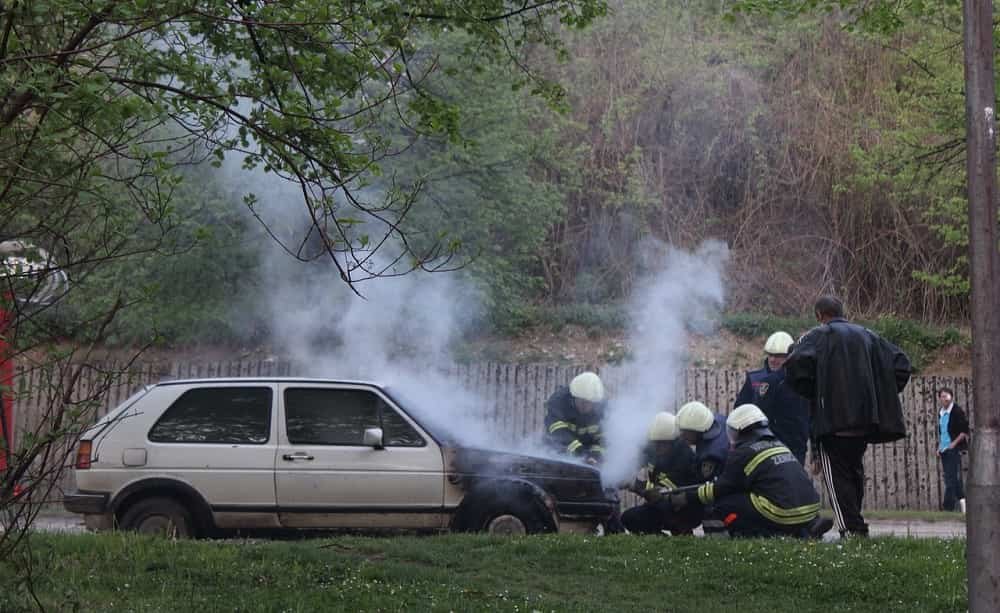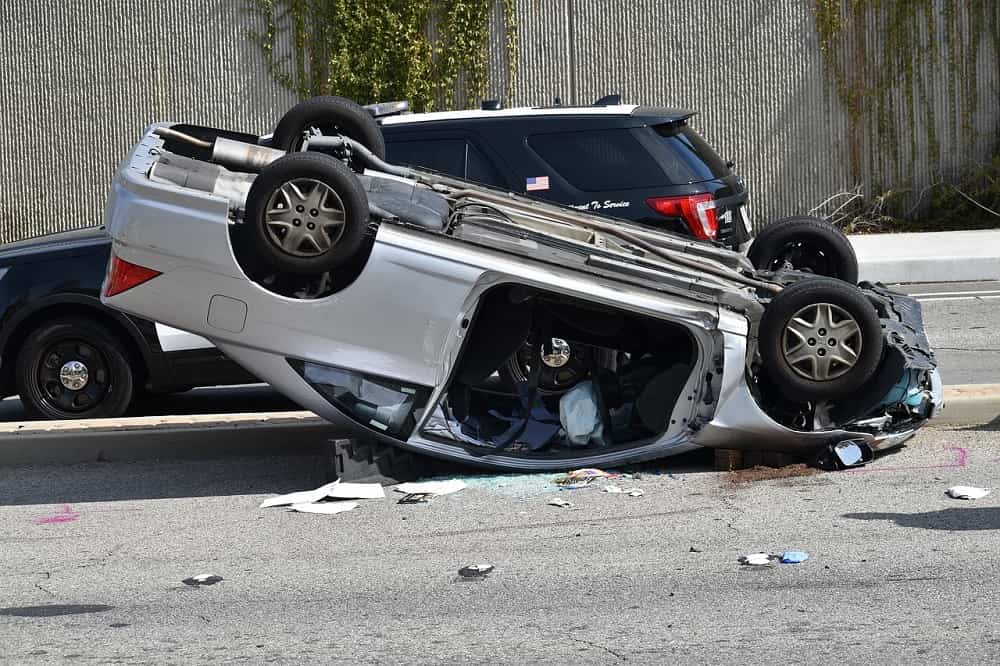Car accidents can be traumatic and life-altering, leaving victims with physical injuries, emotional distress, and financial burdens. In the aftermath of a car wreck, it is essential to prioritize your well-being and take appropriate steps to ensure a smooth recovery process. Additionally, understanding your legal rights and seeking legal help can be crucial in obtaining fair compensation for your losses. This comprehensive guide goes through the step-by-step process of post-accident recovery and the essential considerations for seeking legal assistance.
Consult a Personal Injury Attorney
Consulting with a reputable personal injury attorney is highly advisable if you have sustained significant injuries or damages. An experienced car accident lawyer can help you with the legal processes, representing your best interests. They can help assess the value of your claim, gather evidence, handle paperwork, and advocate for fair compensation on your behalf. Moreover, a skilled personal injury attorney can provide valuable guidance and support during emotional and physical distress. They understand the intricacies of car accident laws, working diligently to protect your interests. By having a legal professional by your side, you can focus on your recovery, knowing that your case is in capable hands.
Prioritize Safety and Seek Medical Attention
A critical step after a car accident is prioritizing safety. Move your vehicle to a safe location, turning on hazard lights to alert other drivers. Check for injuries in yourself and other passengers, and call emergency services immediately if anyone requires medical attention. Even if injuries seem minor, it is advisable to seek medical evaluation promptly, as some injuries may not be immediately apparent. Adrenaline and shock can sometimes mask pain, leading to delayed symptoms. If you sustained injuries in the car wreck, seeking medical treatment is crucial for your health and potential legal claims. Follow your doctor’s advice diligently and attend all follow-up appointments. This ensures your well-being and strengthens your case by providing medical documentation of your injuries and treatment.
Exchange Information and Document the Scene
Exchange information with the other people involved in the accident. Collect names, contact information, license plate numbers, insurance details, and driver’s license information. If there were any witnesses to the accident, obtain their contact information, as their statements may be valuable in the legal process. If possible, take pictures of the accident scene, including the position of the vehicles, damage sustained, and any relevant road conditions.
Report the Accident to Authorities and Your Insurance Company
Depending on your location and the accident’s severity, you may be required by law to report the accident to the police. Even in minor accidents, it is generally recommended to file a police report, as it can provide an objective account of the incident. Contact your insurance company as soon as possible to report the accident and initiate the claims process. Provide accurate and detailed information to your insurer, and refrain from admitting fault or accepting blame until all the facts are established.

Insurance companies may attempt to settle claims quickly and for the lowest possible amount. Be cautious when communicating with insurance adjusters, and avoid making statements that could be misinterpreted as accepting fault or downplaying your injuries. Consult with a personal injury attorney before discussing your case with the insurance company to protect your rights and maximize your chances of fair compensation.
Gather Evidence and Document Your Damages
As part of your efforts to seek compensation, gathering evidence and documenting the damages you have incurred is essential. This may include medical records and bills for injuries sustained, repair estimates for your vehicle, receipts for other property damage, and other relevant expenses. Record how the accident has impacted your daily life, such as missed workdays, pain and suffering, and emotional distress. In addition to physical evidence, gathering witness statements and any available surveillance footage or dashcam recordings that may have captured the accident is crucial. Eyewitness accounts can provide valuable perspectives and corroborate your version of events. If possible, take photographs of your injuries and vehicle damage immediately after the accident and throughout your recovery process to show the progression of your injuries and the extent of the damages.
To effectively document your damages, maintain a detailed journal or diary that records your physical and emotional experiences post-accident. Include information about your pain and discomfort, any limitations in daily activities, and the emotional toll the accident has taken on you and your loved ones. These personal accounts can serve as robust evidence in negotiations or court proceedings to demonstrate the full impact of the car wreck on your life. Remember, the more comprehensive and accurate your documentation, the stronger your case becomes. Properly gathering and organizing evidence will strengthen your claim and help your attorney present a compelling case on your behalf. By meticulously documenting your damages, you can ensure that you are fully prepared to pursue fair compensation for your losses.
Explore Settlement Options and File a Lawsuit if Necessary
After evaluating your claim, your attorney may recommend pursuing a settlement with the at-fault party’s insurance company. If an agreeable settlement cannot be reached, your attorney may recommend filing a lawsuit to pursue your claim in court. Litigation can be lengthy and complex, but having a skilled attorney by your side can significantly increase your chances of a favorable outcome.
Throughout the legal process, focusing on your physical and emotional recovery is crucial. Engage in rehabilitation and therapy as needed, and seek support from loved ones or professional counselors to cope with any emotional trauma resulting from the accident. Your well-being should always remain the top priority. Recovering from a car wreck, both physically and legally, takes time. Be patient and trust the process, knowing that you have taken the necessary steps to protect your rights and seek fair compensation for your losses. Lean on your attorney’s expertise and focus on healing and rebuilding your life.
Experiencing a car wreck can be a harrowing and overwhelming ordeal, but knowing the appropriate steps to take in the aftermath can make a significant difference in your recovery and pursuit of justice. Prioritize safety, seek medical attention, and report the accident to the authorities and your insurance company. Document evidence, consult a personal injury attorney, and focus on physical and emotional recovery. Remember that you have rights as an accident victim, and seeking the right legal help can protect those rights.

